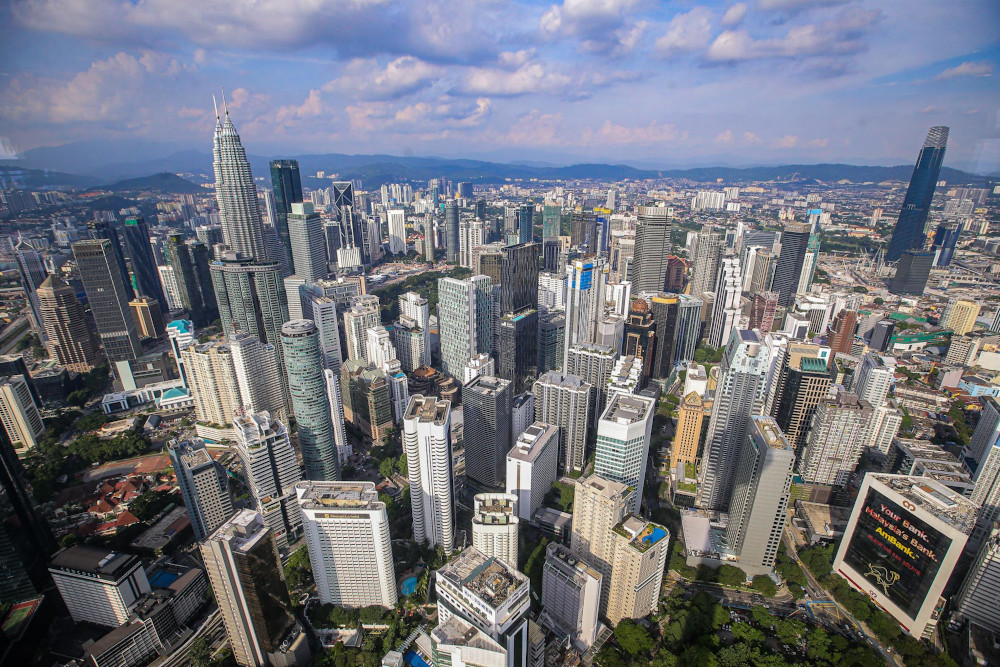KUALA LUMPUR, Dec 11 — UOB Global Economics and Markets Research has raised its forecast of Malaysia’s 2020 full-year approved investment to RM138 billion, as the nation’s total investment approvals for the first nine months of 2020 (9M20) have surpassed its initial expectation of RM100 billion.
Senior economist Julia Goh said the new target is about 32 per cent higher than the actual investments approved during the global financial crisis in 2009.
“This is an encouraging sign that Malaysia remains an attractive investment destination, with ongoing efforts by the government to expedite the investment approval process while offering competitive incentives,” she said in a statement today.
For 9M20, the country’s total investments approved hit RM109.8 billion, despite the Covid-19 pandemic which had triggered a deep global downturn and delayed investment decisions worldwide.
The research house said the manufacturing sector demonstrated resilience, with investment approvals rising by 16.6 per cent year-on-year (y-o-y) to RM65.3 billion in 9M20.
“This had partially cushioned the drag from services and primary sectors, which fell by 51.8 per cent y-o-y to RM42.8 billion and 73.5 per cent y-o-y to RM1.7 billion, respectively,” it said.
It added that China, Singapore and Switzerland were the top three leading sources of foreign direct investments in the manufacturing sector.
Key subsectors that benefited included petroleum products, basic metal products, electrical and electronics, machinery and equipment, as well as chemicals and chemical products.
Meanwhile, Goh said that under Budget 2021, the government has unveiled a slew of initiatives to accelerate investments in Malaysia to spur economic growth and create higher multiplier effects in the economy.
The initiatives include the RM1 billion special incentive package for high value-added technology projects, including research and development investments in aerospace and electronic clusters.
She also noted that the Malaysian Investment Development Authority (MIDA) had also implemented several initiatives, including setting up the Project Acceleration and Coordination Unit (PACU) to provide end-to-end facilitation for all approved projects to enable timely implementation of investments in the country.
“With these initiatives to lure investments amid emerging business opportunities in a post-pandemic new normal and global economic recovery, we expect overall investments to regain momentum in 2021-2022, albeit at a measured pace.
“Actualisation of those investment approved year-to-date could help jump-start private investments in 2021 and beyond,” she said.
Goh added that the ratification of the recently signed Regional Comprehensive Economic Partnership (RCEP) by end-2021 should also reinforce Malaysia’s position as a gateway to Asean and beyond, as well as strengthen country’s trade and investment outlook over the medium term. — Bernama






















